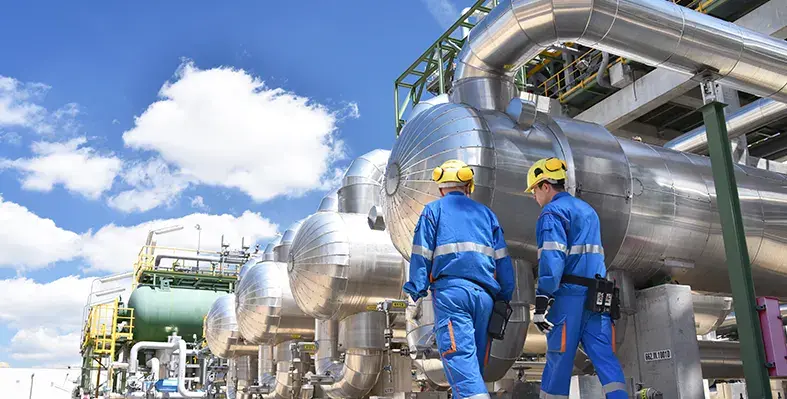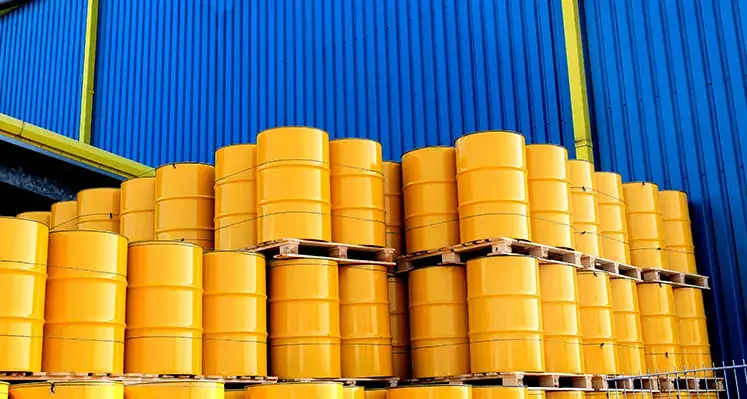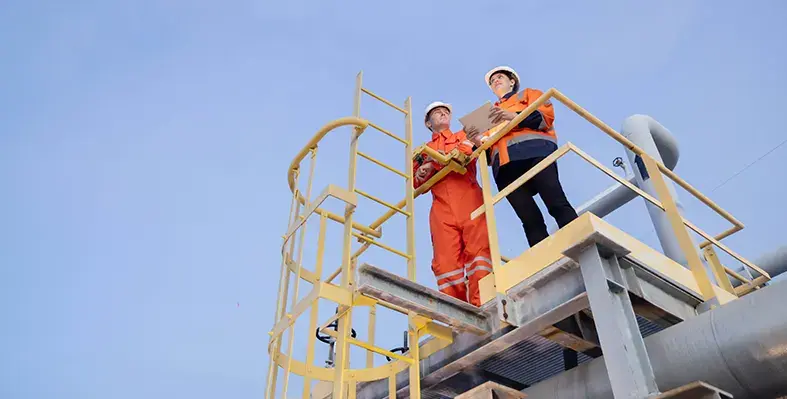The Shamakhi-Gobustan region onshore Azerbaijan will be developed by MOL Group and SOCAR as they signed a comprehensive production sharing agreement
The joint exploration project will be led by MOL Group as operator with a 65% stake while SOCAR retains 35% interest in the area.
This agreement, which was signed by MOL Group chairman and CEO, Zsolt Hernádi, and SOCAR president, Rovshan Najaf, solidifies the key terms that were proposed for the exploration in June during Baku Energy Week, and builds on previous successful cooperation.
“The final agreement of our latest cooperation with SOCAR marks another major step in our shared commitment to unlocking new potential and expanding our excellent collaboration in Azerbaijan’s upstream sector.
"The Shamakhi-Gobustan joint exploration project adds a great opportunity to our international upstream portfolio, and as the operator, we are proud to build on MOL Group’s extensive experience in exploration and production. Strong foundations have already been laid through the offshore ACG project in Azerbaijan, which is an important pillar of our international operations, playing a vital role in Central Europe’s energy security and providing us flexibility in crude oil sourcing and refining.
"I am very much looking forward to the next chapter of our cooperation in Azerbaijan with our esteemed partner SOCAR, which will further strengthen our region’s energy supply security,” said Hernádi.
The partners are currently planning to initiate a seismic survey early 2026, before drilling can begin shortly after.












